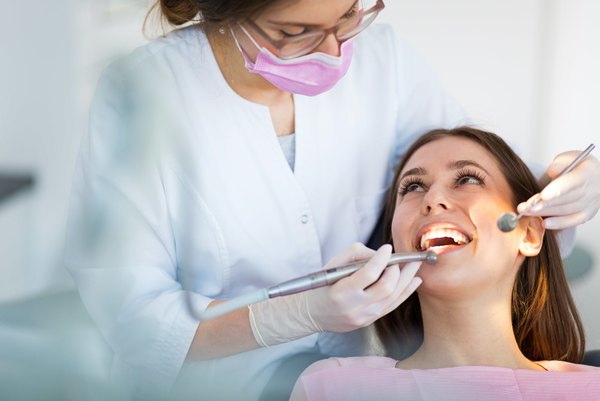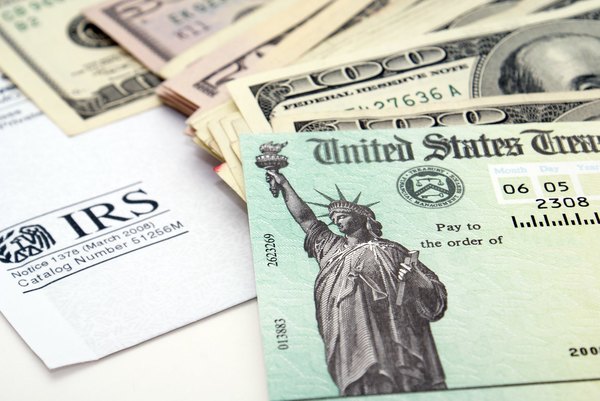Visiting the dentist, whether for preventative care or to get a root canal or cavity, can be expensive.
Many people search for ways to save money on dental care. A simple office visit can cost anywhere between $50 and $350, and procedures like root canals can easily cost thousands of dollars. To make matters worse, most dental care is typically not covered by medical insurance.
Below are some options that may be available to you if you are looking for low-cost dental care in certain situations.
Dental Clinical Trials
Patients with very specific conditions may qualify for free or low-cost dental treatment if there is an open study or clinical trial that is recruiting patients. The National Institutes of Dental and Craniofacial Research runs hundreds of clinical trials in various phases which you may be eligible to participate in if you qualify. You can also find a broad list of all federally funded clinical trials at ClinicalTrials.gov.
Medicare
Medicare may cover certain dental conditions if they are an integral part of either a covered procedure, or as part of preparation for a covered procedure that requires dental work. For example:
- Reconstruction of the jaw following an accidental injury
- Extraction of teeth in preparation for treatment of diseases relating to the jaw
- Oral examinations before heart valve replacement
- Oral examinations in preparation for a kidney transplant
More information is available through the Centers for Medicare & Medicaid Services website.
Medicaid
This program in some cases will provide free dental care, but eligibility and coverage varies from one state to another. In some states, comprehensive services are offered, while in others, only limited emergency dental services are covered. You can find information regarding what is covered in your state on the Medicaid website or through the Centers for Medicare & Medicaid Services.
Children’s Health Insurance Program (CHIP)
The Children’s Health Insurance Program provides coverage to eligible children, and is administered by states per federal requirements. Funding for CHIP is provided at the federal and state level. Children 19 years of age and younger who do not have health insurance may be eligible for free dental care under this program, though the specifics are different in each state.
Dental Schools
The American Dental Association maintains a list of dental education programs, some of which may have clinics where resident dental students provide reduced cost dental care under the supervision of licensed dentists.
The American Dental Hygienists' Association also may have some low-cost preventative care in conjunction with their educational training programs.
In both cases, you’ll have to put in some effort to find out more. Information about participation in clinics isn’t generally available online, so you may need to call or send an email to the school or program to request information about clinical availability.
LavishGreen.com is a free service that assists users in connecting with local dental providers. LavishGreen.com is not a dentist nor a dentist referral service nor is it a substitute for visiting a dentist. Nothing contained on or offered through this site should be construed as financial advice and should not be relied upon for medical diagnosis or treatment. LavishGreen.com does not endorse or recommend any participating Third Party dentists that pay to participate in any included advertising. All persons depicted in a photo or video are actors or models and not financial professional listed on LavishGreen.com.






